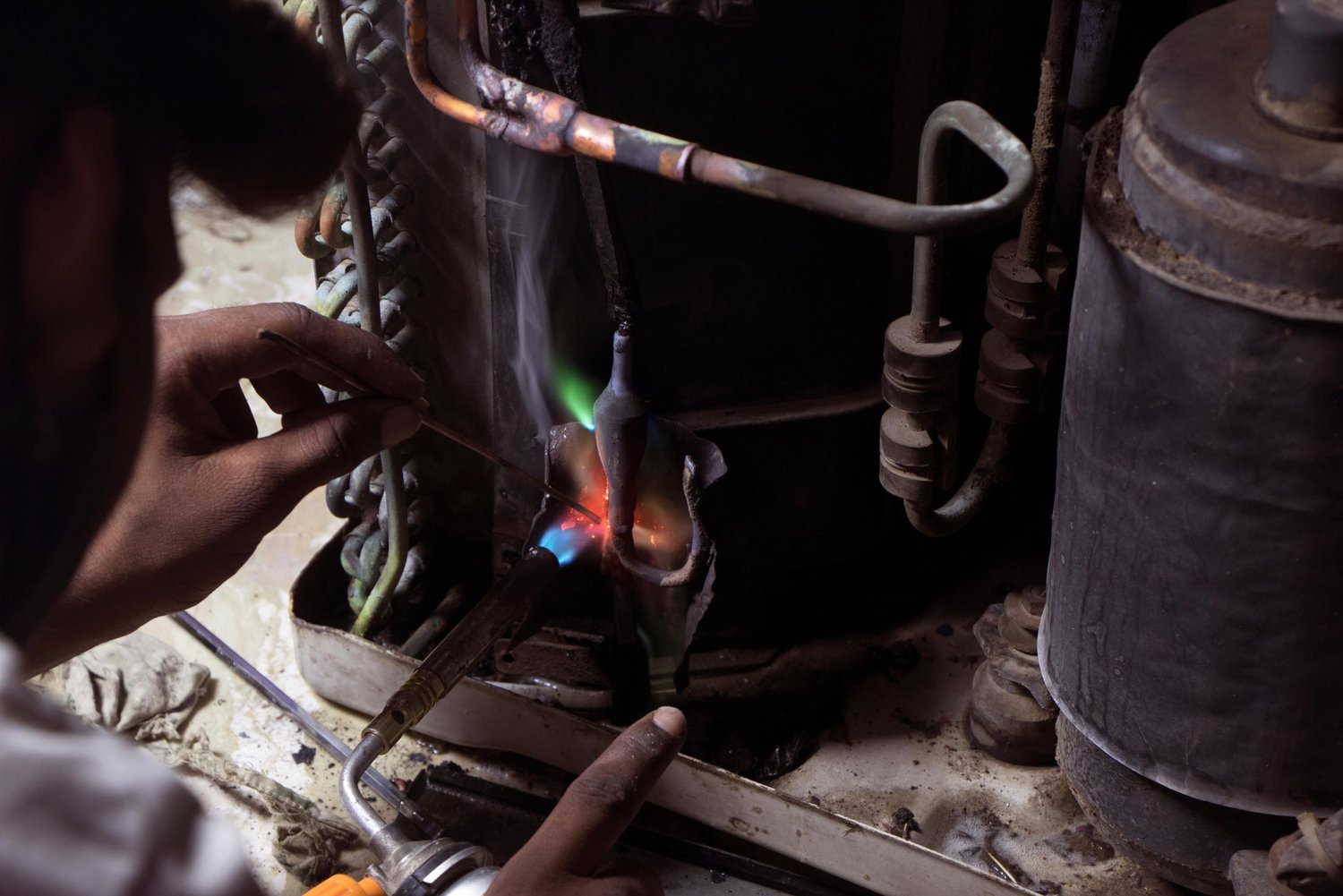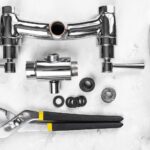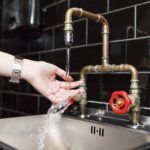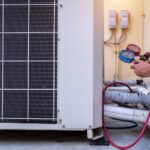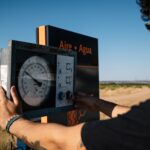Strange noises coming from your water heater can be a surprising and concerning experience. These unfamiliar sounds might hint at underlying issues that, if unaddressed, could lead to inefficiencies or even damage to your heating system. Understanding these noises is crucial for maintaining an effective and safe operation of your appliance.
- Sediment Buildup: Discover how mineral accumulation at the bottom of the tank can cause popping or rumbling sounds and impact efficiency.
- Pressure Problems: Learn about pressure irregularities that might lead to audible alarms and how to stabilize the system effectively.
- Comprehensive Solutions: Gain insights into practical approaches to eliminate these issues, ensuring optimal heater performance and extending its lifespan.
By exploring these essential troubleshooting steps, you’ll be empowered to tackle water heater issues confidently, safeguarding both your appliance and your peace of mind. Dive deeper into each section to enhance your understanding and apply practical solutions effortlessly.
Common Causes: Why Is My Water Heater Making Strange Noises? Troubleshooting Tank Problems
Strange noises emanating from your water heater can be a cause for concern, but they are usually indicative of common issues rather than catastrophic failures. One of the primary reasons for these unusual sounds is sediment buildup. Over time, minerals present in the water, such as calcium and magnesium, settle at the bottom of the tank. This leads to a layer of sediment that can cause popping or rumbling noises as the water heats and bubbles are trapped beneath the sediment layer.
Another frequent cause is pressure issues. When the pressure inside the tank becomes irregular, it can manifest as alarming sounds. Usually, these noises result from the expansion and contraction of the tank’s metal components due to uneven pressure. Both sediment buildup and pressure problems not only produce noise but also impact the efficiency of your water heater, potentially leading to increased energy consumption and reduced heating effectiveness.
Addressing Sediment Buildup in Water Heaters
When it comes to the noise generated by sediment accumulation, tackling this issue head-on can preserve your water heater’s functionality and lifespan. Sediment buildup can result in a range of sounds, from rumbling to sharp popping. This happens when water becomes trapped beneath the sediment and is heated to the point of steam generation, disturbing the sediment and creating noise.
To address this, flushing your water heater tank periodically is a recommended maintenance practice. Here’s how you can safely and effectively perform this task:
Turn Off the Power and Water Supply: For electric heaters, switch off the power at the circuit breaker. For gas heaters, set the thermostat to “pilot” mode. Close the cold water supply valve to stop the flow of water into the tank.
Drain the Tank: Attach a garden hose to the drain valve at the bottom of the heater. Place the other end of the hose in a suitable drainage location. Open the drain valve and allow the tank’s water to empty completely.
Flush Out Sediment: Once drained, open the cold water supply valve momentarily to let fresh water in. This will help flush out remaining sediment from the tank’s interior. Repeat until the water runs clear.
Refill and Restart: Close the drain valve, remove the hose, and open the cold water supply valve to refill the tank. Once the tank is full, restore power or reset the gas valve to the heating position.
By maintaining your water heater and regularly addressing sediment buildup, you not only eliminate strange noises but also improve the efficiency and longevity of your heating system.
Fixing Pressure Problems: Why Is My Water Heater Making Strange Noises? Troubleshooting Tank Problems
Pressure irregularities in your water heater can often lead to unsettling noises, which may be a sign of underlying issues within the system. Understanding these pressure-related concerns not only helps in addressing the noise but also ensures the safe operation of the appliance.
The most common symptom of pressure problems is a high-pitched whistling sound. This can occur due to excessive water pressure building up inside the tank, potentially leading to further complications if left unchecked. Additionally, fluctuations in pressure can cause loud banging noises, often referred to as “water hammer” in plumbing terms.
One of the first steps to tackle pressure issues is to check the temperature and pressure relief valve (TPR valve). This critical component is designed to release excess pressure and prevent the tank from overheating. If the TPR valve is faulty or leaking, it might need cleaning or replacement to restore its proper function.
Another strategy involves investigating the expansion tank, which is especially relevant in closed-loop systems. An improperly sized or malfunctioning expansion tank can fail to absorb pressure changes effectively, leading to persistent noises. Ensuring that your system includes an adequately sized expansion tank and that it is well-maintained can be a significant factor in noise reduction.
Lastly, regulating the home’s overall water pressure can have a direct impact on your water heater’s performance. Installing a quality pressure-reducing valve on your main water line can help maintain optimal pressure levels throughout your plumbing system, minimizing the risk of noise and extending the longevity of your water heater.
By taking these proactive measures, you can address pressure-related issues in your water heater, enhancing its efficiency and ensuring a quieter and more reliable operation.
Frequently Asked Questions About Water Heater Noises
What causes sediment buildup in water heaters?
Sediment buildup occurs when minerals in water, like calcium and magnesium, settle at the bottom of the tank.
How do I know if my water heater has a pressure problem?
You may notice hissing or banging noises; these can indicate pressure imbalances in your water heater system.
Can I fix water heater noises myself?
Yes, many issues like sediment flushing or pressure adjustments can be addressed with DIY methods, but consult a professional if unsure.
Why does my water heater make a popping noise?
Popping sounds often result from sediment buildup, causing water to boil beneath the sediment layer.
Is it safe to ignore noises from my water heater?
No, ignoring unusual noises can lead to serious damage or inefficient operation of your water heater.

